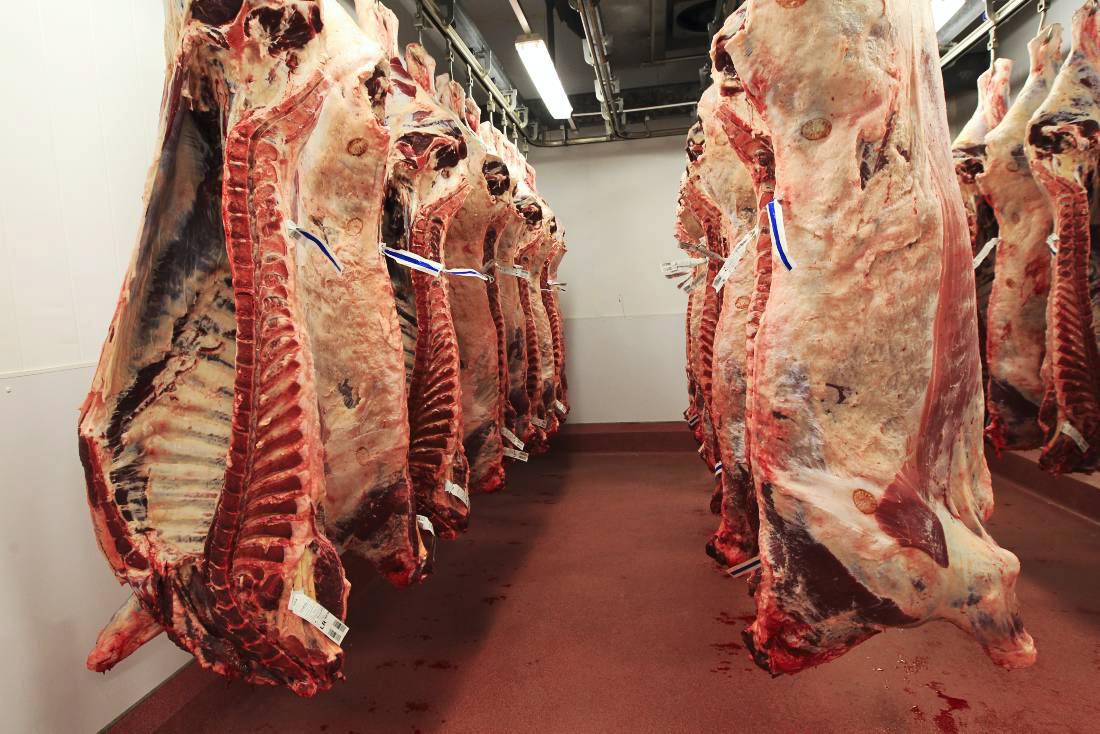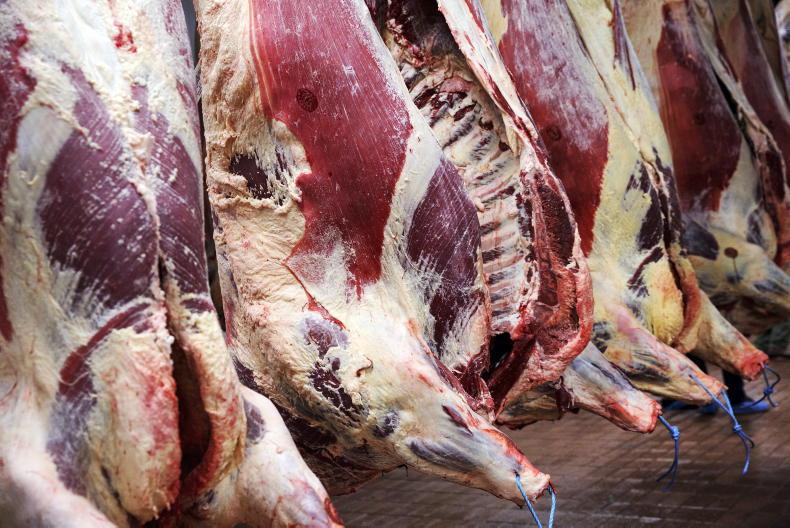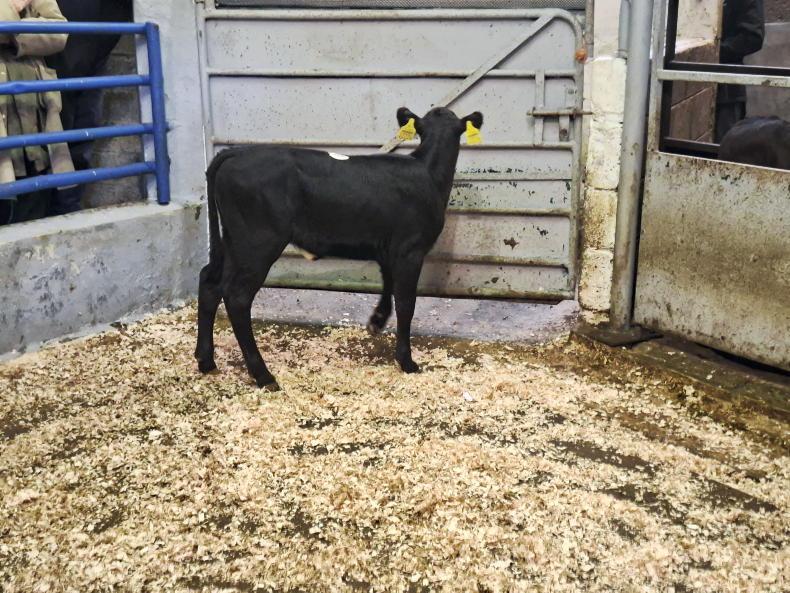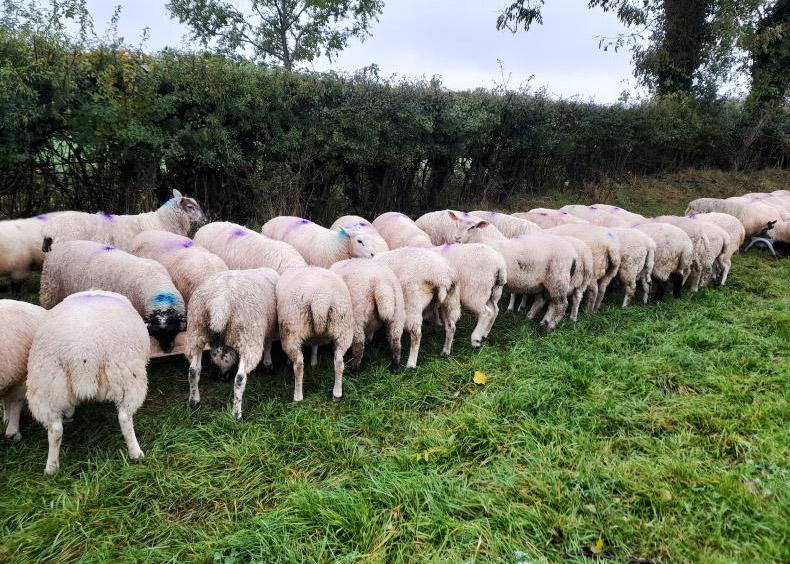Representatives from local meat plants have tried to put some realism into the beef trade by insisting that they are paying the maximum prices possible given current market conditions. Speaking at an NI Meat Exporters Association (NIMEA) event earlier this week, the organisation’s president Campbell Tweedie highlighted that local beef prices are right at the top end of European price leagues.
With increasing competition among British retailers for market share, driven in part by the rise of the discounters such as Aldi and Lidl, he said that the pressure on processor margins was immense.
“It is not sustainable at present. We are giving 21 shillings and getting back 19 shillings,” he insisted. Tweedie also referred to the current high prices being paid for store cattle and suggested that other factors, such as issues around landowners wanting to become active farmers, are partly responsible for driving the trade.
“Perhaps people buying stores know something about future beef prices that we don’t know,” he said.
While processors are working on thin margins, Tweedie acknowledged that the situation is little better in the production side of the industry. “The processing industry owes our existence to farmer suppliers. We are genuinely concerned about the current viability and sustainability of our beef producers,” Tweedie said.
He would like to see government offering some form of support to people who produce beef calves, and used the example of competitors such as France, the Republic of Ireland and Scotland, who all provide direct support to their suckler industry.
He maintained that the option is still there for NI to do something via the new rural development programme to support beef, similar to the beef genomics scheme in southern Ireland. The other factor that would help processors would be access to new markets, insisted Tweedie.
He said that the meat trade was “seriously frustrated” at the inability of government to secure new market opportunities, and that they looked on with great envy as the Republic of Ireland presses ahead with access to Japan, the Philippines, China and the USA.
The major impasse for NI is that we must go through Defra in London, who negotiate on behalf of the UK. Given that Britain is a net importer of beef, it would seem that the issue is not necessarily top of their agenda.
It was a subject also referred to by Enterprise Minister Arlene Foster in her address at the NIMEA dinner. She said that she expects US officials in NI to inspect meat plants this April, with approval granted to export beef to the US by the end of the year.
On market access to China, she said: “I share your frustration that we are not further on.”
Code
Meanwhile, the beef industry in Britain has agreed a voluntary code of practice. It comes after a beef industry summit last July held on the back of falling beef prices, when the industry agreed to improve transparency on processor pricing. As part of the code, processors will be open with their terms and conditions around specifications and deductions, and agree to give 12 weeks’ notice if changes are being made. Among the Irish companies operating in Britain to sign up to the code are ABP and Kepak. However, factories in Scotland have insisted that the code of practice is unnecessary.









SHARING OPTIONS